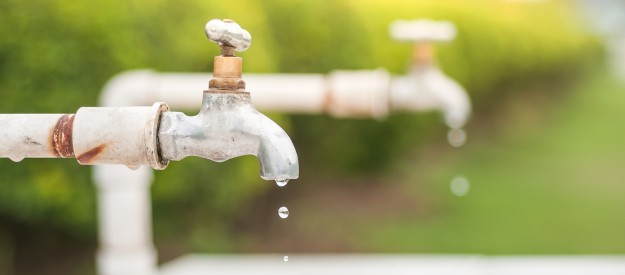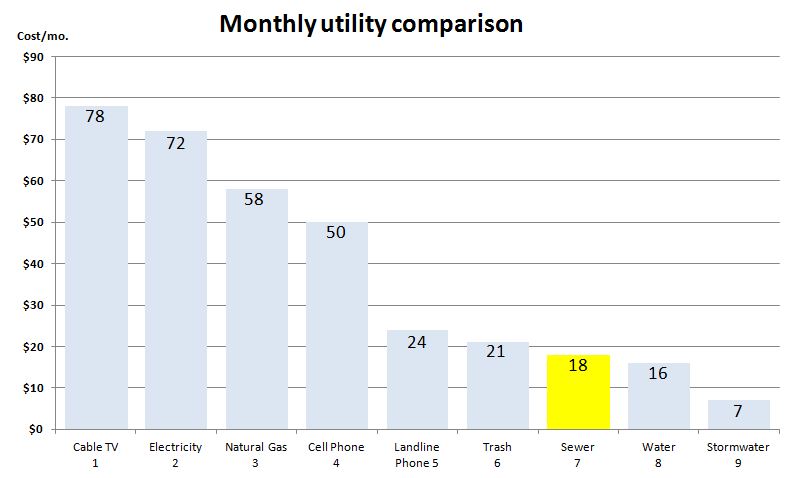"We are losing our attitude of wonder, of contemplation, of listening to creation and thus we no longer manage to interpret within it what Benedict XVI calls 'the rhythm of the love-story between God and man.'"
+ Pope Francis
What price for water?

A new Harvard study has the media once again paying attention to water—and cheers for that since clean water is essential for the lives of individuals and for civilizations. The question has never been if we need it. It’s what we’re willing to pay for it.
The Harvard findings were published in Environmental Science and Technology Letters. They show that some six million Americans are being offered drinking water with levels of chemicals called polyfluoroalkyl and perfluoroalkyl that are higher than what's considered safe. Of course it wasn’t too long ago that Flint, Michigan made international news with its water woes. And you'll be sure to hear of other stories from other parts of these great United States. But none of this should surprise us given findings of the American Society of Civil Engineers that found our drinking water and wastewater infrastructure to be, well, subpar.
Given the health and social impacts of clean water, you might think that per capita spending on water is relatively high. But it is not.
When I speak about eco issues or train my state’s wastewater operators I ask this simple series of questions: What do you pay each month for your cell phone? And for cable television? Entertainment? Eating out? Coffee? And now, what about your monthly sewer and drinking water bills?
If you’re like most people, you’re spending a lot more on cable and cell phones, and maybe even coffee, than you are on the infrastructure and source protection needed for clean water.
Here’s an example from the Twin Cities:

Check most areas, including your own, and you’ll likely come up with a similar graph.
This is unconscionable, especially for Catholic ecologists, who value human life and dignity.
The good news is that there are efforts to educate the public and decision makers, and to help channel the appropriate resources to our water infrastructure. Here in the States we have the American Water Works Association (and its local counterparts) dealing with drinking water. The Water Environment Federation (and its local counterparts) deals with treating wastewater. They both offer sound resources (like the Water’s Worth It campaign) and they also serve as helpful places to start learning more.
Another suggestion is to read those financial statements that come from your local water utility, or to go to some of their public meetings to learn what’s going on. If you do, chances are you'll meet some dedicated men and women who operate and maintain our water infrastructure. And they love talking about what they do!
And we should all listen. After all, the more engaged the citizenry, the better chances we’ll all have for sustainable, cleaner water.
The bottom line is that while the recent news on toxins is a complex issue, it's a simple fact that those of us who respect life have to pay attention to the details of civilization—even the boring ones like financing sewer and water projects.


















